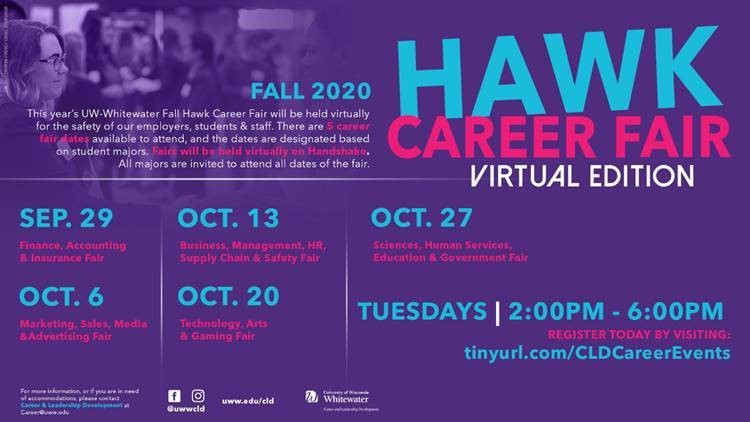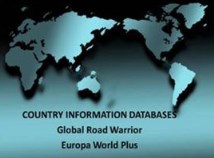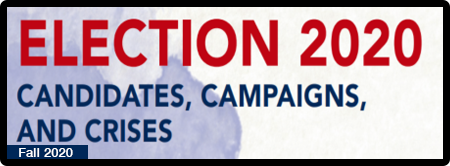Are you prepared for the election on November 3rd? Have you voted already? Do you know what to do? If not, read on, but please note that the information below is specific to Wisconsin and may be different if you intend to vote in another state (Warhawks Vote! has some information that may help you).
Who can vote in Wisconsin? United States citizens who are at least 18 years old on or before Nov. 3rd, who have lived in Wisconsin at least 28 days, and who are not serving a sentence for a felony conviction. Note: If you moved to a new address within Wisconsin less than 28 days prior to the election, you should vote from the polling place assigned to your prior address. You may do this using an absentee ballot.
 Registration is required! In order to vote, you must register by submitting a Voter Registration Form, accompanied by proof of residency with current address, in one of four ways: Option 1 = Online (requires a Wisconsin driver’s license or state ID card) at myvote.wi.gov through October 14; option 2 = By mail to the municipal clerk’s office, but postmarked no later than Oct. 14; option 3 = In person at the clerk’s office through Oct. 30; or, option 4 = At the polls on Nov. 3rd. For options 2-4: The form is available online, so it can be printed and completed ahead of time. Also provided on the back of the form is a list of documents that may be used as proof of residency, so be sure to have one of these documents with you. If you aren’t sure whether you are already registered, you can check that at myvote.wi.gov.
Registration is required! In order to vote, you must register by submitting a Voter Registration Form, accompanied by proof of residency with current address, in one of four ways: Option 1 = Online (requires a Wisconsin driver’s license or state ID card) at myvote.wi.gov through October 14; option 2 = By mail to the municipal clerk’s office, but postmarked no later than Oct. 14; option 3 = In person at the clerk’s office through Oct. 30; or, option 4 = At the polls on Nov. 3rd. For options 2-4: The form is available online, so it can be printed and completed ahead of time. Also provided on the back of the form is a list of documents that may be used as proof of residency, so be sure to have one of these documents with you. If you aren’t sure whether you are already registered, you can check that at myvote.wi.gov.
Vote! You can do this ahead of time with an absentee ballot, or in person on Election Day (Nov. 3) at your assigned polling place. Either option requires a photo ID.
Absentee ballots must be requested online or with a paper form no later than Oct. 29. However, DO NOT WAIT. If you wait until the last minute, you risk receiving it too late to get it returned and counted! The application for an absentee ballot also requires a photo ID if not previously provided (see photo ID details at http://bringit.wi.gov/ or Warhawks Vote). Complete an absentee ballot following the instructions carefully. You will need a witness who observes while you complete your ballot, place it in the return envelope, and sign and date the envelope. The witness also signs the return envelope and provides his/her address on it. Missing any of the required information invalidates your ballot! The completed absentee ballot can be returned by mail (at least a week before Nov. 3!) or in person to the municipal clerk’s office, or delivered to the polling place on Nov. 3. In-person absentee ballot voting, with a photo ID, can be done at a municipal clerk’s office starting on Oct. 20, but specific dates and times for this vary by municipality. Information specific to Whitewater is online from the clerk’s office.
Voting on Election Day, Nov, 3, requires a photo ID. (see photo ID details at http://bringit.wi.gov/ or Warhawks Vote). You must go to your assigned polling place, which you can identify using myvote.wi.gov. Due to COVID, wear your face mask and maintain social distancing.
- Resources:
- myvote.wi.org (register or check registration status, request absentee ballot, find polling place or clerk’s office)
- VOTE411.org (learn about candidates and issues)
- voteridwisconsin.org (statewide voter helpline, or call 608-285-2141)
- elections.wi.org (Wisconsin Electi0ns Commission: deadlines, forms for registration and absentee ballot requests, information about photo ID and proof of residency documents)
- LWVWI.org (League of Women Voters of Wisconsin: information about voting, candidates, and issues)
- Warhawks Vote
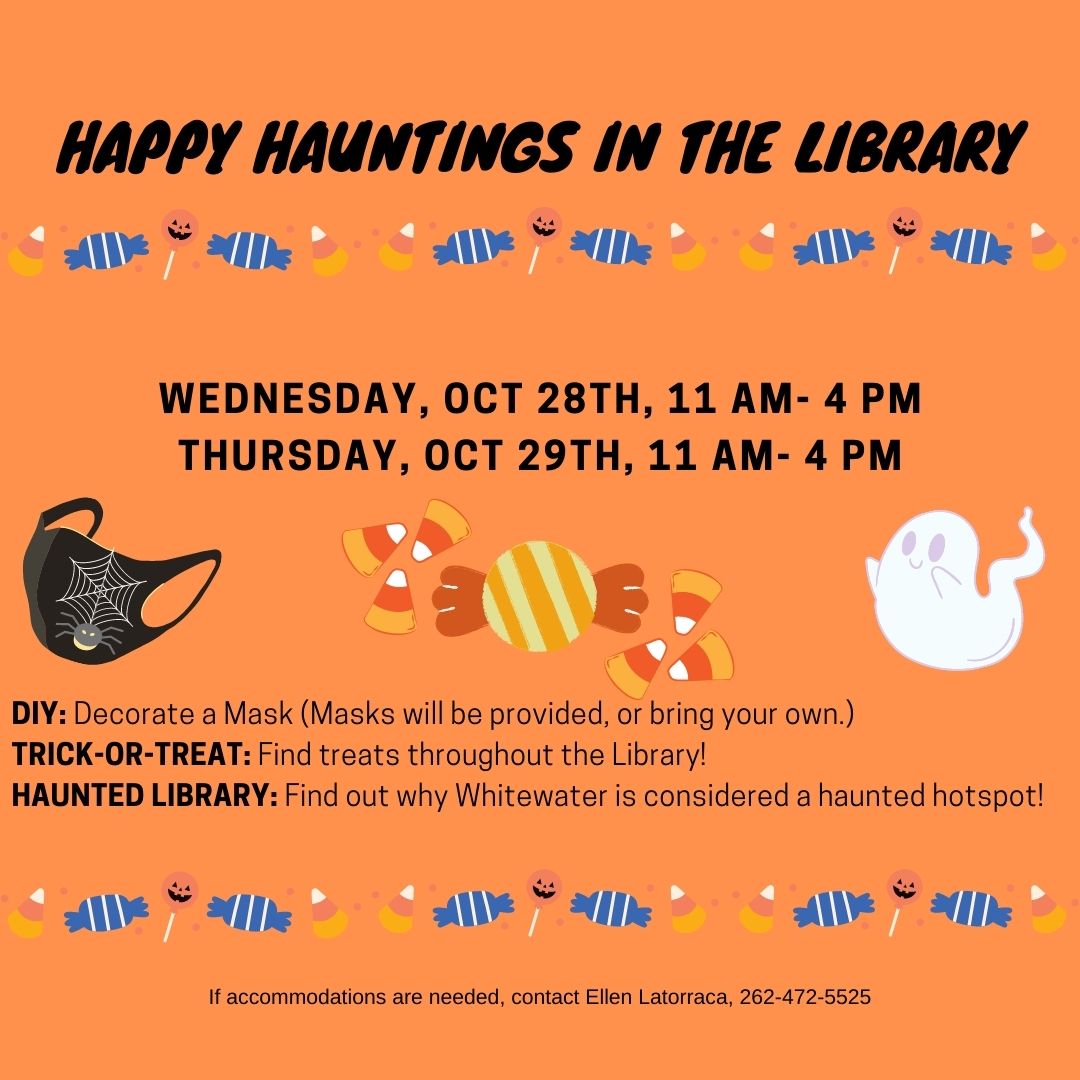

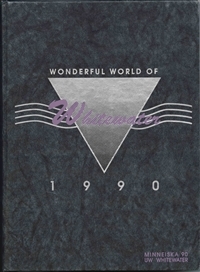
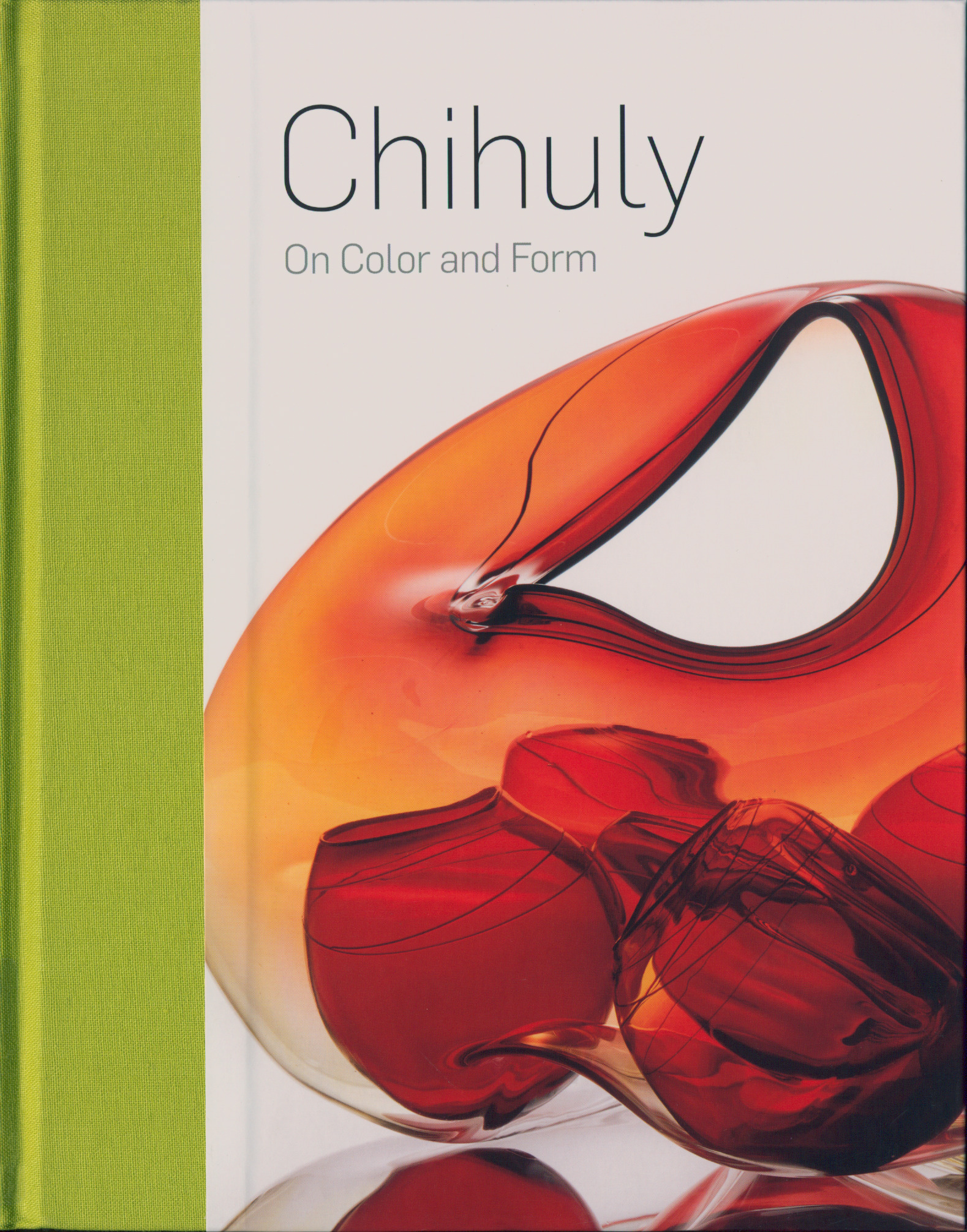
 Registration is required! In order to vote, you must register by submitting a Voter Registration Form, accompanied by proof of residency with current address, in one of four ways: Option 1 = Online (requires a Wisconsin driver’s license or state ID card) at
Registration is required! In order to vote, you must register by submitting a Voter Registration Form, accompanied by proof of residency with current address, in one of four ways: Option 1 = Online (requires a Wisconsin driver’s license or state ID card) at 